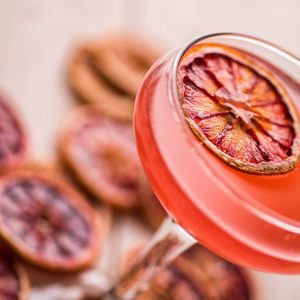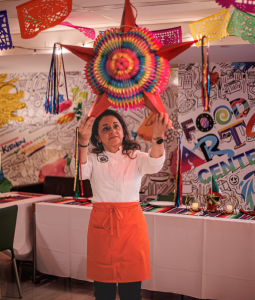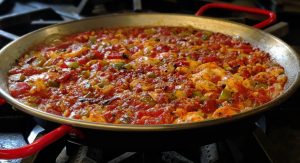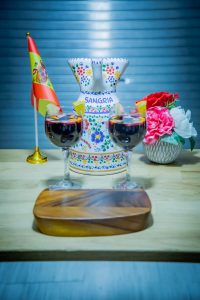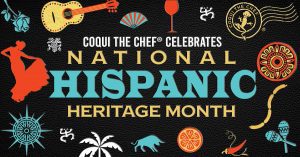
Celebrate Hispanic Heritage Month
Hispanic Heritage Month was created to spread awareness and promote Spanish history and culture in effort to help keep it alive! It is a time to learn, create, and appreciate the rich histories of our ancestors and celebrate the diverse cultures throughout the Spanish community!
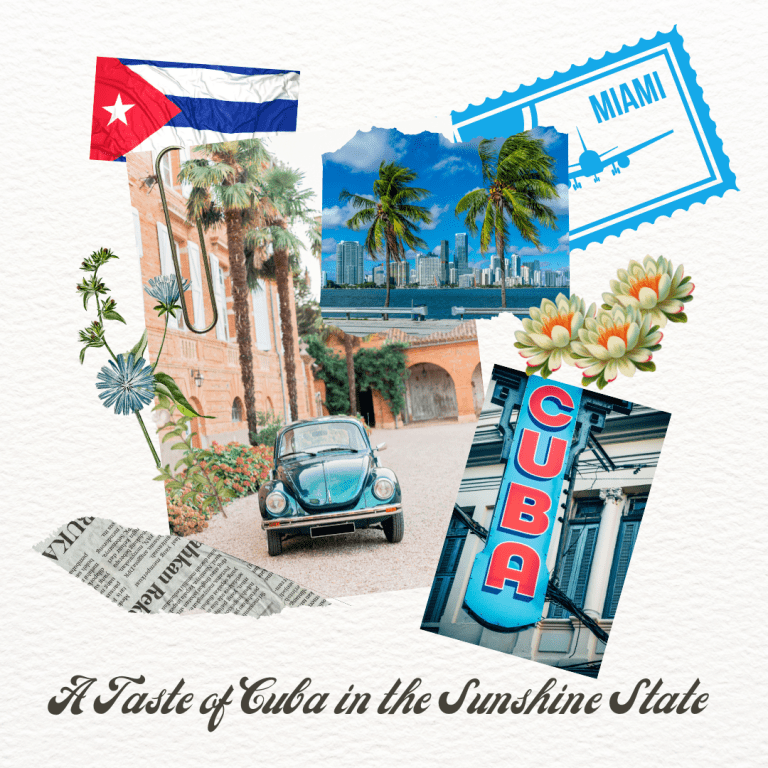
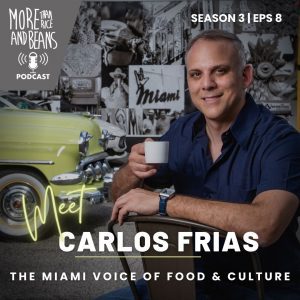 We interviewed Carlos Frias and his lifelong relationship with food truly has taken an interesting path, from his father’s career as a prison cook in Cuba to the heights of fine dining in Miami.
We interviewed Carlos Frias and his lifelong relationship with food truly has taken an interesting path, from his father’s career as a prison cook in Cuba to the heights of fine dining in Miami.